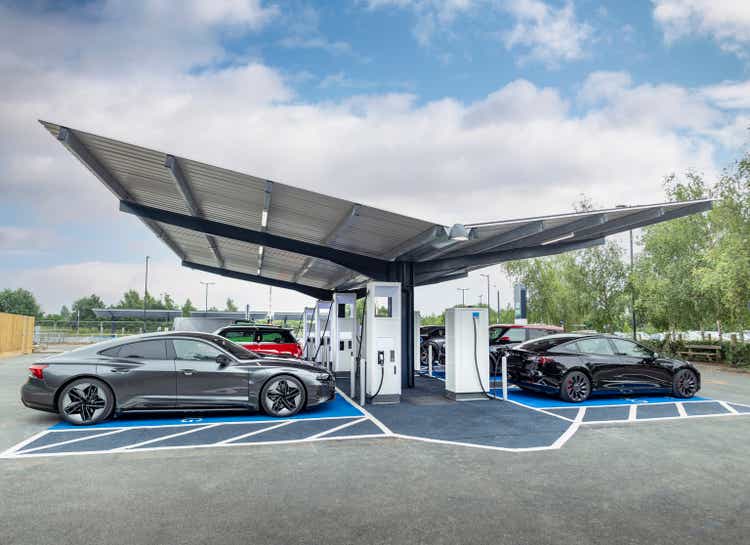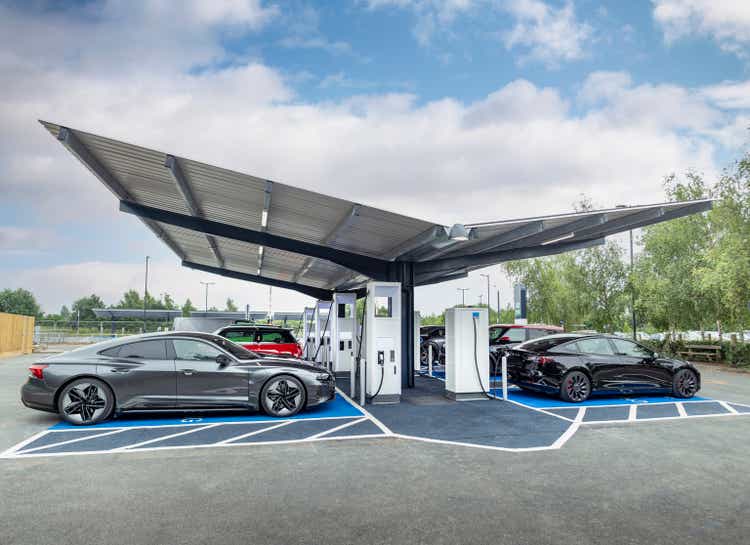
Monty Rakusen
For the first six months of 2024, 1.5 million electric vehicles were sold in Europe (including EU, UK, and EFTA), an increase of just 1% from a year earlier, making it the slowest region for growth. Globally, EV sales were up 20%, and increased by 30% in China.
“The global EV market can take comfort in the 20% growth shown in the first half of the year, but the regional disparities are quite remarkable,” said Charles Lester, lead EV data analyst at Rho Motion, echoed by research from IEA which found that “sales of electric cars are significantly concentrated in just a few major markets.”
The near stagnant growth in Europe can be mostly attributed to a 9% contraction in Germany as plug-in hybrids (or PHEVs) and EV subsidies were phased out after a ruling on the Climate and Transformation Fund. This resulted in a decline in the sales share for EVs to 25% in 2023 from 30% in 2022. The loss was offset in the first half by an 8% gain in France, and a 13% increase in the UK.
Compared to China, the disparity is striking. One in three new car registrations in China were for an EV. This drops to one in five in Europe, and one in ten in the U.S., all of which represents two-thirds of the total EV sales.
Within Europe, EV ownership is highest in Norway, where 95% of all sales were for an electric vehicle. This is largely attributed to government policies that make EVs exempt from the weight-based tax that considers not only the weight of the car, but also carbon dioxide and nitrogen oxide emissions.
Coming in second is Sweden with 60% sales share, and 30% in the Netherlands, IEA data shows. And while Belgium represents just 5% of total European sales, the adoption of EVs resulted in a 35% jump in sales in the country in the first quarter of 2024.
In Tuesday’s price action, shares of EV stocks are all higher, led by a 5% gain in shares of Lucid Group (LCID), followed by Tesla (TSLA), up 4.7%, XPeng (XPEV) up 4%, Nio (NIO) up 2.8%, and Rivian (NASDAQ:RIVN) up by 2.5%.
